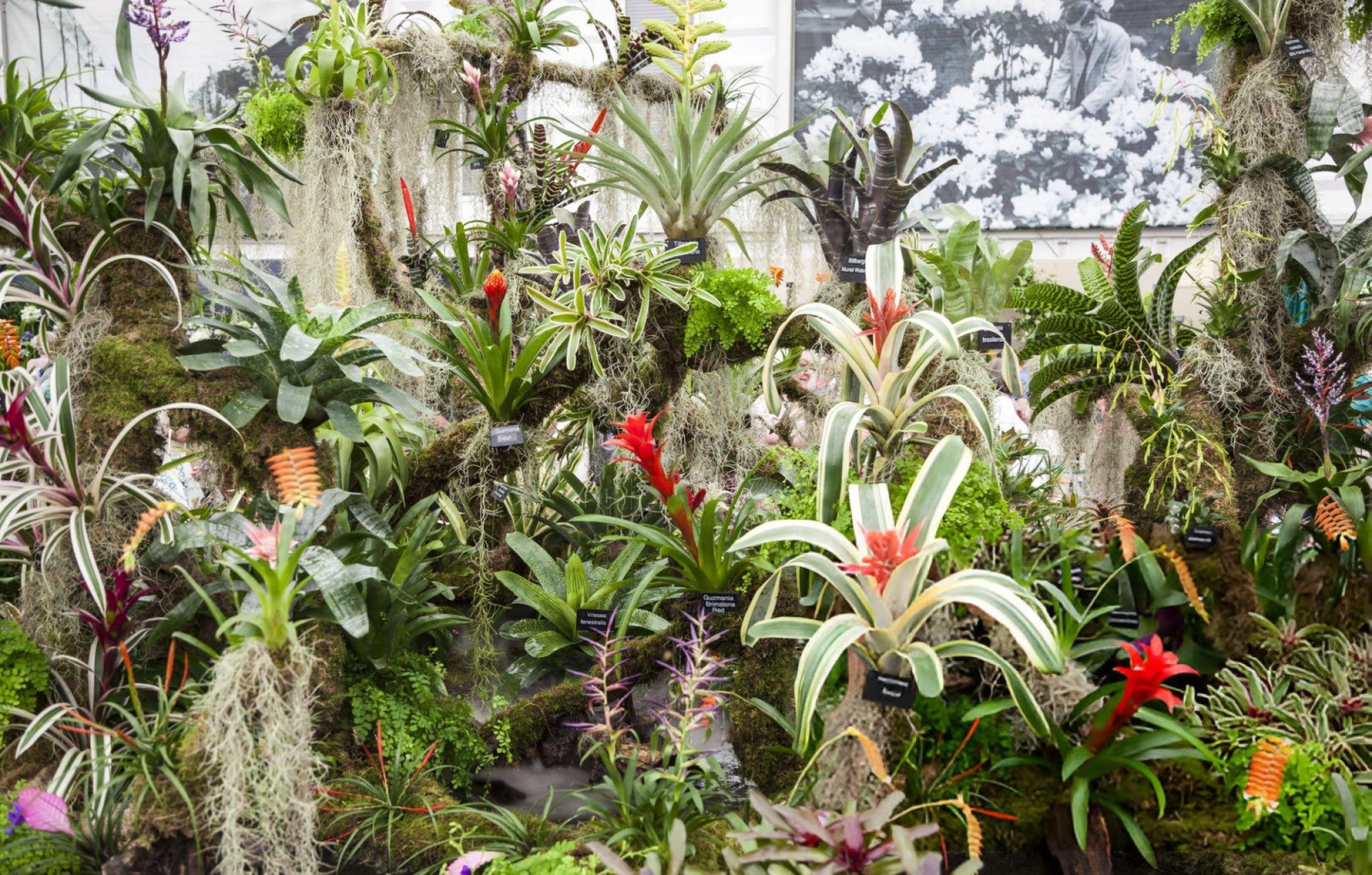As the great and the good descend once more on the grounds of Chelsea’s Royal Hospital for the prestigious Chelsea Flower Show, a certain unease lingers beneath the petals and posh Pimm’s tents. To the untrained eye, some might be forgiven for mistaking this year’s event for an exhibition at Birmingham’s NEC rather than the celebrated pinnacle of British horticulture.
For many humble visitors, peering perplexedly at the intricate, over-designed miniature gardens, what’s on display is more than just flowers — it’s a symptom of institutional capture. Yes, the Royal Horticultural Society (RHS) seems to have completely lost the plot. It has very much caught the “woke” bug, and it’s infecting what was once a joyful celebration of gardening.
Ironically, the super-privileged, mostly white and wealthy attendees — who generously fund the show — may find themselves bemused that the RHS’s attentions have shifted elsewhere. The focus is no longer purely on blooms and beds, but on a very different audience, with ideological messaging now firmly rooted in the show’s DNA.
Gardening, that quintessentially British pastime, has become yet another battleground in the culture wars. The simple, humble skills of cultivation are increasingly overshadowed by ideological orthodoxies on everything from race and class to environmental activism.
Not only are traditional Chelsea visitors subjected to these new “enlightened” gardening concepts, but they’re also, it seems, being lectured on their own presumed privilege. In 2022, the RHS appointed a diversity and inclusion ambassador, Manoj Malde, who openly criticised the society for its perceived elitism. According to Malde, classic English gardens designed by people with double-barrelled names deter non-white communities from feeling welcome at the Chelsea Flower Show.
While the RHS has yet to embrace the more radical “decolonisation” measures seen at Kew Gardens — where plant labels are being revised to reflect historical links to the slave trade — it is clear the society is inching towards that direction. RHS horticulture courses now include compulsory modules on “health and safety, sustainability, best practice, and equality and diversity,” signalling a fundamental shift in the organisation’s priorities.
Ask the trees how they are
Monday’s opening of the Chelsea Flower Show saw hardy annuals paraded with aplomb, attended by the usual crowd of celebrities — Joanna Lumley, Mary Berry, Sophie Raworth — alongside King Charles, Queen Camilla, and a sprinkling of lesser royals. Yet amid the glitz and glamour, real gardeners — the backbone of the RHS — must be wondering what to make of this new era.
The “show gardens,” once the pride of Chelsea, now include an urban forest where visitors are encouraged to “have one-on-one conversations with trees” to learn what care they need. Themes such as carbon sequestration, marine conservation, rainwater capture, and extreme weather are repeated ad nauseam. Smaller displays even explore neurodiversity, with an ADHD garden inviting visitors to “think differently about thinking differently.”
For those outside the horticultural bubble, these developments may feel far removed from actual gardening. Indeed, Chelsea has increasingly become a stage for messaging and political signalling rather than the cultivation of flowers and vegetables.
This trend traces back to the post-pandemic 2021 Chelsea in the autumn, which featured the “Cop26 garden” criticising “negative practices” like paved-over front gardens and monoculture lawns. Weeds were celebrated in 2021, forest bathing was all the rage last year, and earlier, beavers and rewilding sparked controversy.
RHS senior judge James Alexander-Sinclair recently admitted on the Country Life podcast that the society is caught in a bind: it cannot champion fashionable causes while keeping its traditionalist supporters happy.
At RHS Wisley, a frequent visitor lamented the loss of a “wonderful vegetable garden,” replaced by a “woke world food garden.” The herb garden, too, was swapped for a “wellness garden.”
Every Chelsea garden now undergoes a “green audit” judged on eco-credentials, a move championed by garden designer Liz Nicholson. She stressed that as thought leaders, RHS shows must exemplify best practice.
But to seasoned gardeners — custodians of the land long before these woke trends — this can sound preachy and alien. Sebastian Shakespeare, writing in The Spectator after completing an RHS course, described it as “re-education camp as scripted by Monty Python,” with instructors struggling to link traditional gardening tasks to equality and diversity.
Despite the RHS’s sermonising, the grassroots gardeners at Chelsea remain resolutely grounded. The same cannot be said for the woke shrubbery, self-righteous seed beds, and finger-wagging flower arrangements that now dominate the scene.
If only the Royal Horticultural Society could remember that gardening is about growing things, not growing agendas.






